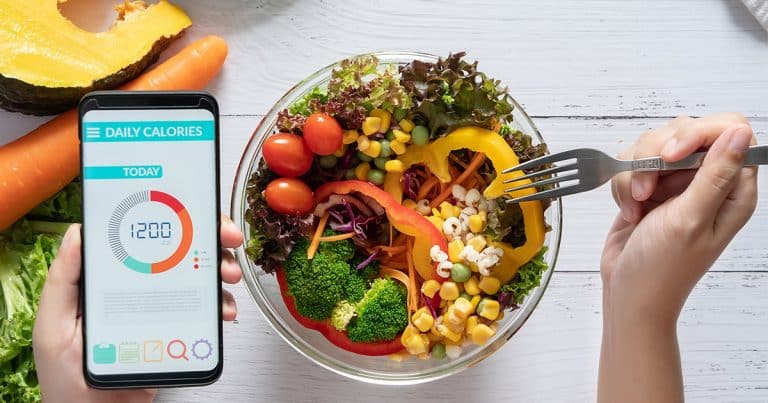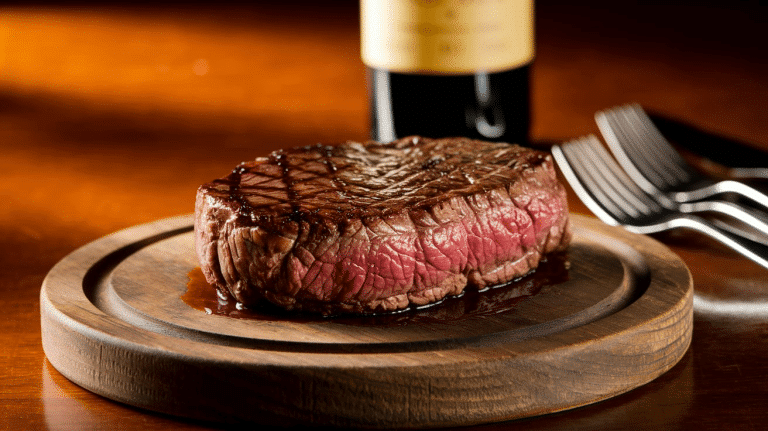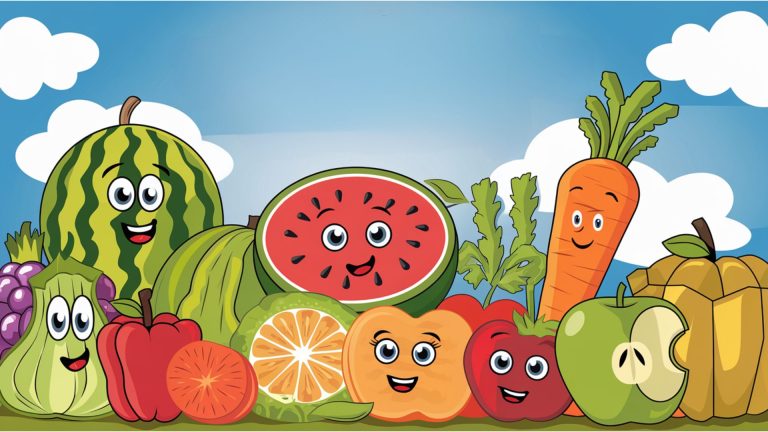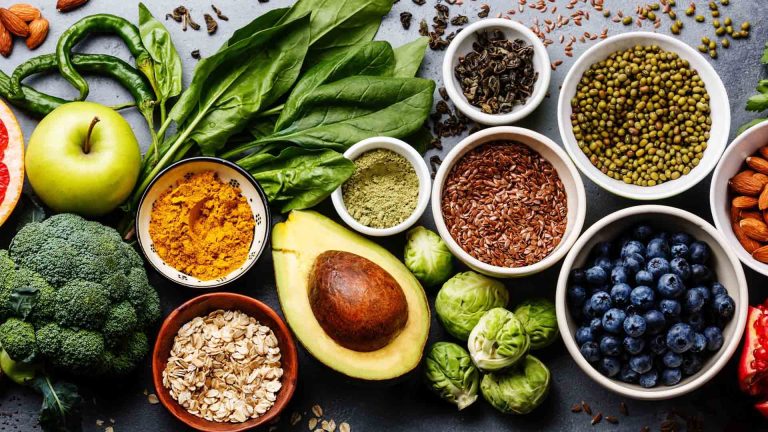In the fast-paced world of parenting, ensuring that children receive proper nutrition can sometimes feel like a daunting task. With busy schedules and the abundance of available food options, it’s easy for parents to feel overwhelmed when planning and preparing balanced meals for their little ones.
However, thanks to advancements in technology, parents now have access to a powerful ally in their quest to optimize child nutrition: the digital dietitian.
Artificial intelligence (AI) has revolutionized many aspects of our lives, and child nutrition is no exception. AI-powered nutrition apps and virtual dietitian services are leveraging data analytics and machine learning algorithms to provide personalized dietary recommendations and meal-planning solutions for children of all ages.
By analyzing data on a child’s dietary preferences, allergies, and nutritional needs, these digital tools offer tailored meal suggestions and recipe ideas, helping parents ensure their children get the nutrients they need to thrive.
The Role of AI in Child Nutrition
The use of AI in child nutrition is rooted in the concept of personalized medicine. This approach recognizes that each individual is unique and may require different interventions to achieve optimal health outcomes.
Different foods come with different serving sizes and children will have different needs based on their growth. When it comes to nutrition, this means taking into account factors such as a child’s age, gender, weight, height, activity level, dietary preferences, and any existing health conditions or allergies.
AI-powered nutrition apps and virtual dietitian services use sophisticated algorithms to analyze this data and generate personalized dietary recommendations for each child.
These recommendations may include meal plans tailored to meet specific nutritional goals, such as ensuring adequate intake of essential nutrients like vitamins, minerals, and protein while also accommodating individual tastes and dietary restrictions.
Benefits of AI-Powered Nutrition Tools
One of the primary benefits of AI-powered nutrition tools is their ability to provide personalized recommendations based on individual needs and preferences.
Unlike generic dietary guidelines, which may not take into account each child’s unique requirements, AI-powered tools offer customized solutions tailored to meet each individual’s specific nutritional needs.
Furthermore, AI-powered nutrition tools constantly learn and adapt based on user feedback and new data inputs.
As parents continue to use these tools and provide feedback on their child’s dietary habits and preferences, the algorithms become more accurate and refined, leading to even more personalized and effective recommendations over time.
Another advantage of AI-powered nutrition tools is their accessibility and convenience. Many of these tools are available as mobile apps or web-based platforms, making them easily accessible to parents on the go.
Whether at home or on the road, parents can quickly and easily access personalized meal plans, recipe ideas, and nutritional information to help them make informed decisions about their child’s diet.
Practical Applications of AI in Child Nutrition
There are several practical applications of AI in child nutrition that are helping parents optimize their child’s diet and promote healthy eating habits:
Personalized Meal Planning
AI-powered nutrition apps can generate personalized meal plans based on a child’s nutritional needs, dietary preferences, and any food allergies or intolerances. These meal plans take into account factors such as portion sizes, macronutrient ratios, and recommended daily intake of key nutrients.
Recipe Suggestions
AI-powered nutrition apps can also provide recipe suggestions tailored to a child’s dietary preferences and nutritional goals. These recipes often include detailed ingredient lists, step-by-step instructions, and nutritional information to help parents make informed decisions about what to cook for their children.
Nutritional Analysis
AI-powered nutrition tools can analyze the nutritional content of foods and recipes, helping parents understand the nutrient composition of their child’s diet and identify areas for improvement. This information can be invaluable for ensuring that children are getting the nutrients they need to support growth, development, and overall health.
Allergy Management
For children with food allergies or intolerances, AI-powered nutrition tools can help parents identify suitable alternatives and meet their child’s dietary needs. These tools can also provide guidance on reading food labels and avoiding potential allergens in packaged foods.
Challenges and Considerations
While AI-powered nutrition tools offer many benefits, it’s essential to recognize that they are not without their challenges and limitations. One of the main challenges is ensuring the accuracy and reliability of the algorithms used to generate personalized recommendations.
AI algorithms rely on data inputs to make predictions and recommendations, so ensuring that the data used to train these algorithms are accurate, representative, and up-to-date is crucial.
Another consideration is the potential for overreliance on technology at the expense of developing healthy eating habits and cooking skills.
While AI-powered nutrition tools can provide valuable support and guidance, parents must also prioritize hands-on cooking and meal preparation to instill healthy eating habits in their children and promote family bonding.
In conclusion, the rise of AI-powered nutrition tools is transforming how parents approach child nutrition, offering personalized recommendations and meal-planning solutions that cater to each child’s unique needs and preferences.
By harnessing the power of AI, parents can ensure that their children are getting the nutrients they need to thrive while also promoting healthy eating habits and fostering a lifelong appreciation for nutritious food.
As technology continues to evolve, AI-powered nutrition tools have the potential to play an increasingly significant role in optimizing child nutrition and promoting overall health and well-being.











